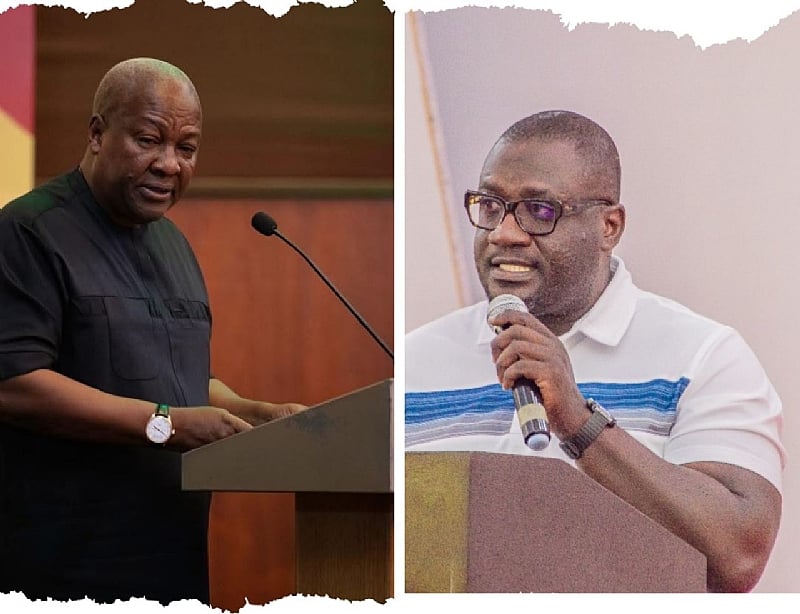The creative sector in Ghana, encompassing music, film, fashion, and other artistic expressions, has long been recognized by its practitioners as a significant driver of economic growth and employment. President Mahama’s recent acknowledgement of this fact and his promise of budgetary allocations in the upcoming national budget is a welcome development, yet it also prompts critical examination of the government’s past inaction. The Foundation of Concerned Art Professionals (FOCAP) questions why this vital sector, a powerful engine for job creation, tourism, and global recognition, was not prioritized from the outset of President Mahama’s administration. Ghana’s creative output, from its internationally acclaimed music to its influential fashion and film industries, positions the nation as a cultural beacon. It is time for this cultural capital to be strategically leveraged for economic advancement.
The creative sector’s contribution to Ghana’s national identity and global standing is undeniable. It showcases the nation’s rich cultural heritage and projects a positive image on the world stage. More than just artistic expression, the creative industries generate employment opportunities, boost tourism, and contribute significantly to the economy. Despite this demonstrable impact, the sector has historically suffered from underfunding and a lack of strategic planning within national development frameworks. The “Orange Economy,” the global term for the creative and cultural industries, has proven its economic power in other regions, particularly in Latin America where it contributes billions to GDP and provides millions of jobs. Ghana, with its abundant talent and vibrant cultural landscape, should not be lagging behind in harnessing this potential.
FOCAP emphasizes that mere acknowledgement of the creative sector’s importance is insufficient. Concrete action, reflected in policy and budgetary commitments, is essential. Rhetoric must be translated into tangible support. To fully realize the potential of Ghana’s creative industries, a multi-pronged approach is required: consistent and sustained budget allocations, investment in necessary infrastructure such as theatres, studios, and performance spaces, policy reforms that protect intellectual property rights and empower creative entrepreneurs, and public-private partnerships designed to promote and scale Ghana’s cultural exports. The raw talent and the eager youth are already in place; the global audience is attentive. What is lacking is the decisive political will to invest in the sector and transform creative energy into economic power.
FOCAP calls upon all stakeholders, including the government, private sector entities, development partners, and the general public, to recognize the creative economy not as a peripheral concern but as a priority sector deserving of significant investment. This call to action extends beyond financial resources to encompass strategic policy interventions that foster a thriving creative ecosystem. It is a call for the creation of an environment where artistic talent can flourish, intellectual property is protected, and creative businesses can thrive. The ultimate goal is to elevate Ghana’s creative output from a source of national pride to a major driver of economic prosperity.
If Ghana is to truly embody its symbolic name, the Black Star, and radiate its brilliance on the global stage, strategic investment in the creative sector is imperative. This is not a moment for empty promises but rather a time for decisive action, a sense of urgency, and demonstrable accountability. The time has come to move beyond rhetoric and implement concrete measures that will unlock the full potential of Ghana’s creative industries. FOCAP urges all stakeholders to embrace this vision and work collaboratively to ensure that the creative sector receives the attention and resources it deserves.
FOCAP extends an invitation to all creatives, industry stakeholders, and concerned citizens to join their advocacy efforts. They encourage collective action to amplify the call for investment in the creative sector, demanding that words translate into policy, and policy into tangible action. This collective voice must persist until the creative economy is recognized and supported as a crucial engine for economic growth, job creation, and national development. This is an appeal for unity and sustained pressure to ensure that the creative sector is given the priority it deserves in Ghana’s national agenda.


